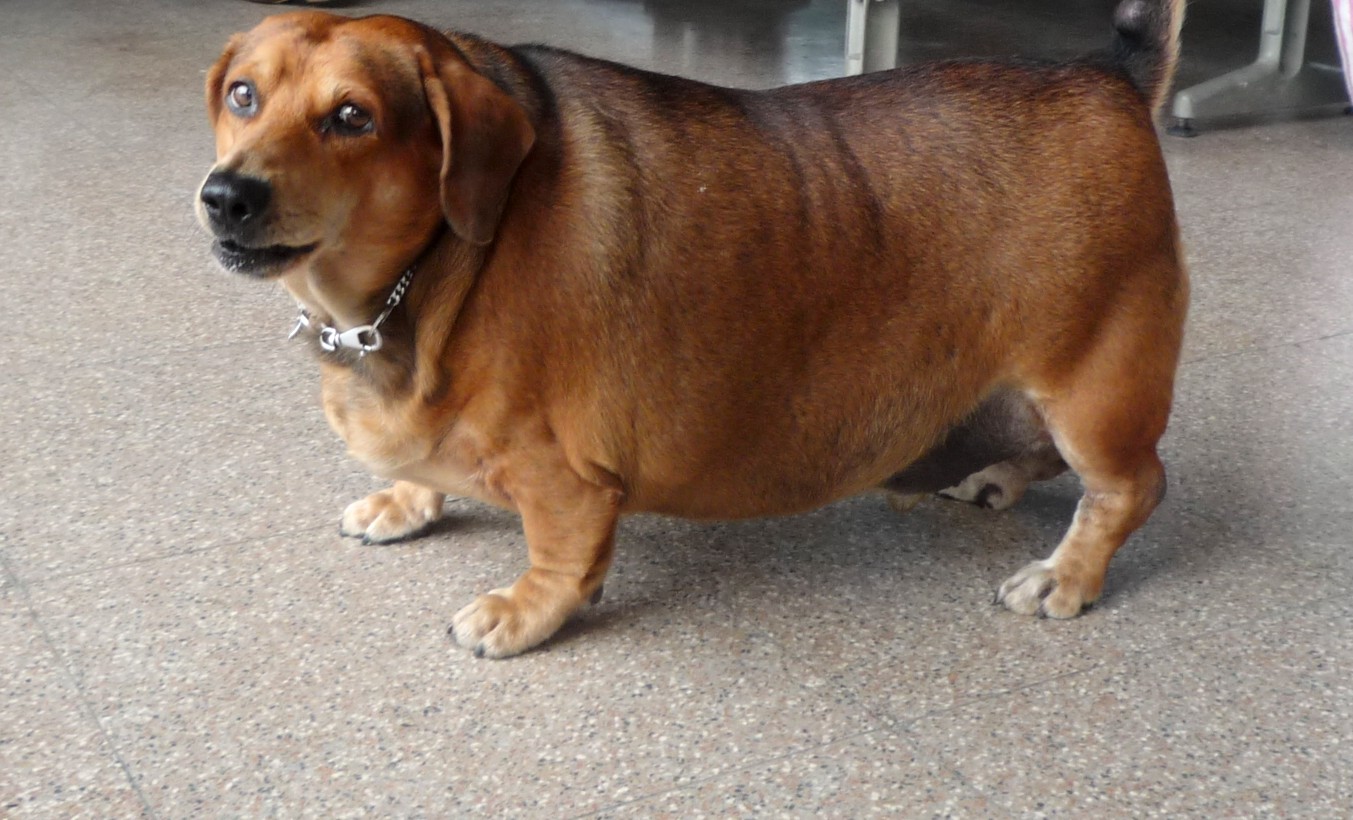According to a survey, more than half of all dogs are obese. This is because most dogs are not fed properly and do not have an active lifestyle. Most dogs do not get the proper nutrition that they need, or owners are neglectful of their pet’s weight.
It is important to keep dogs’ weight within the norm, because dogs, like humans, can get sick from excess weight. Diseases such as diabetes and arthritis are also prone to dogs which are overweight.
Lack of physical activity among dogs will also lead to other problems like anxiety and boredom. When your dog is bored or anxious, your pet will manifest destructive behavior and start barking or biting.
How Do You Know If Your Dog is Obese?
Take note if your dog is prone to obesity. For small breeds, they are Cairn Terriers, Dachsunds, Scottish Terriers and Cavalier King Charles Spaniels. For medium breeds, Beagles, Cocker Spaniels and Basset Hounds are prone to obesity. For large breeds, Rottweilers, Labradors and German Shepherds are most likely to be obese. Giant breeds like Saint Bernards are also prone to obesity.
Aside from a genetic predisposition, a dog with hypothyroidism is usually obese. Dogs which just finished treatment and are sedentary are also more likely to become overweight.
For you to find out if your pet is obese, put your finger just below its rib cage. If you can feel his ribs and there is only a little fat, then he is not obese. If you can’t feel it, then your pet has to undergo weight management.
Obese dogs have an obvious loss of waist and usually the collar seems too stiff, and would call for loosening. Overweight dogs usually walk slow and are short of breath when they do a straining action.
There are many other causes of obesity in dogs and it is not just caused by overeating. When a dog is neutered, metabolism is slow and if your pet overconsumes food, he becomes fat.
Your regular trips to the vet should also determine the progress of your dog’s weight. Consult your vet if there are other problems that might be causing overeating.
How is Weight Management Done?
The problem of obesity in dogs is not the portion of the official meals he takes in a day. Obesity is caused by the snacks and human food that the dog eats, that is largely encouraged by the dog owners.
Weight management should start with serving your pet with the proper food portions. If he is taking in too much of the regular meal, then you must cut it down. Dog food that is sold by Pet Smart and Petco have serving instructions on the label. Stick with these instructions strictly.
Your veterinarian should also give you guidelines on the proper portions of food that your pet should be getting on a daily basis. Refrain from feeding your pet too much treats in between meals.
Exercise is a must for overweight dogs. Regular walks on a moderate pace is good for both you and your dog. Your dog can also walk on the treadmill. Play catch with your hound in the yard or take him swimming.
When you engage your dog in physical activity, your dog will not only lose weight, he will feel less bored and agitated at home. Walking the dog will also be a safe way for your dog to socialize.
Likewise, determine the type of food that you are feeding your dog. Some dog food has too much sodium and would be better if your dog ate organic or whole meat meals.
Your dog will not like the changes in his first. Be firm when he asks for more food. Take your stand and do not give the dog extra treats. If you are training him, only give him a small amount and do not overfeed.
What Should I Ask the Vet During Consultations?
Here are questions to ask your vet when discussing weight management:
- What is the target weight for my dog?
- Is the dog food rich in sodium?
- What type of exercise regimen is good for my dog?
- Is overeating the only cause of my dog’s obesity?
The vet should also be a good source of information for ways to manage your dog’s weight. If your dog is not predisposed to obesity, then the vet would be able to analyze your dog’s situation.
Eating and weight management is a challenge. Always bear in mind that limiting portions of food or implementing an exercise routine for your dog is not an act of cruelty, nor does it mean that you love your pet loss.
Managing your pet’s weight is important to his health. This would be the greatest expression of love to your pet because you as the pet owner will give him a better life.


